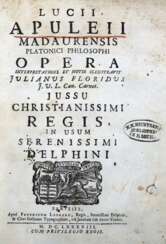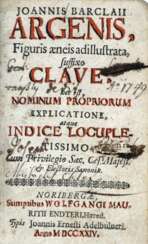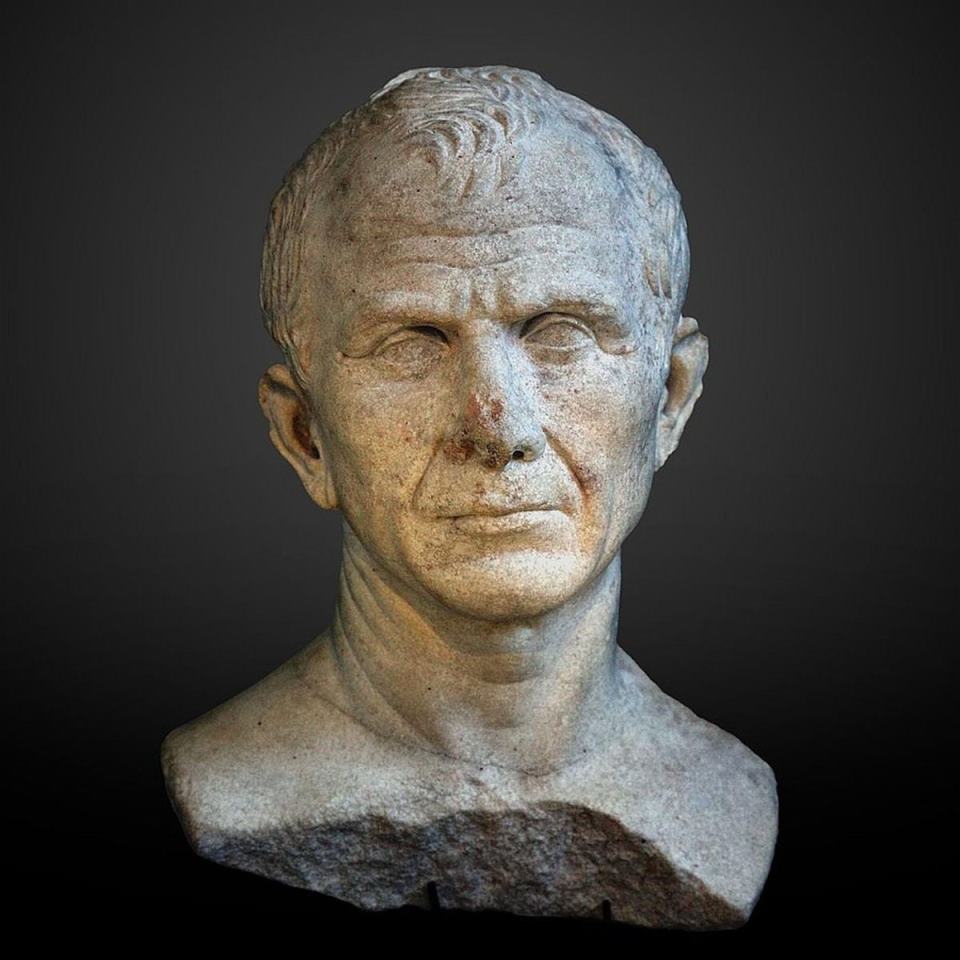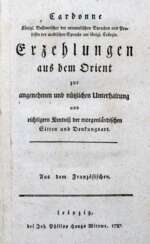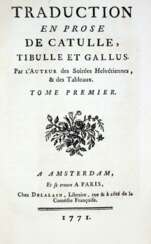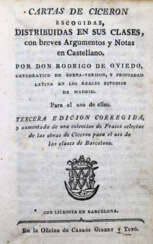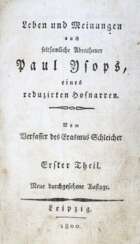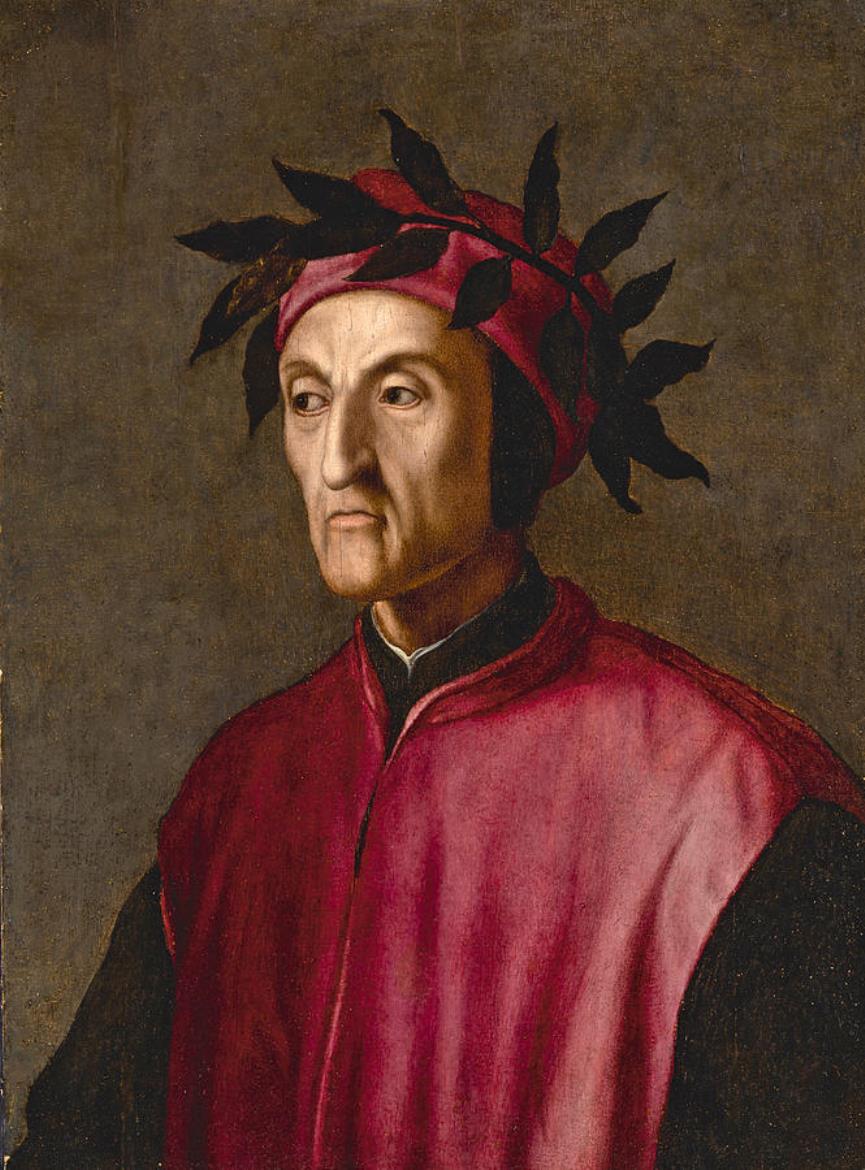
Literature and illustrated books up to the 19th century — A129-1: Alte Drucke, Handschriften und Kunstwissenschaft
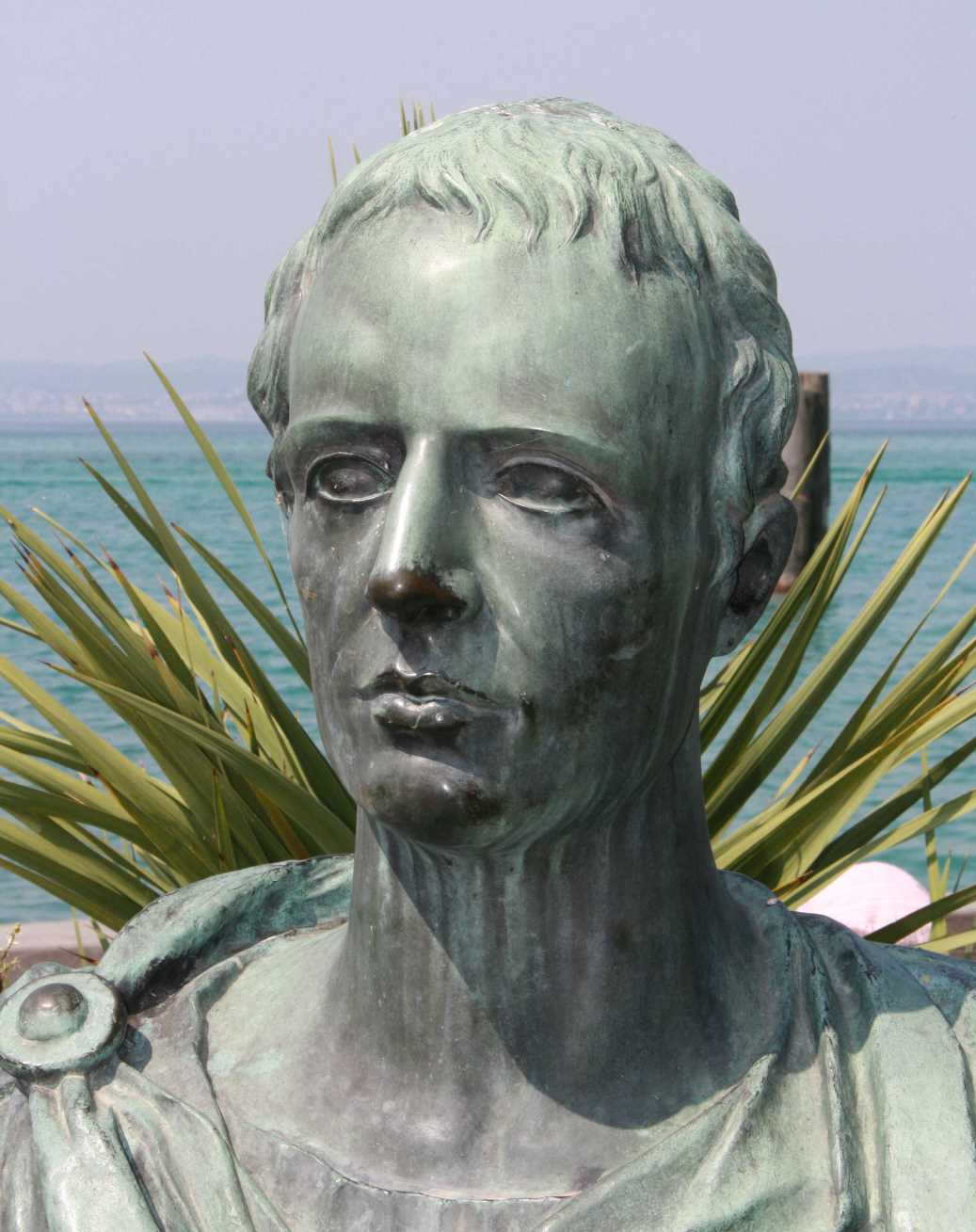
Gaius Valerius Catullus, often called Catullus, was a Roman poet whose statements on love and hate are considered the best lyrical poetry of ancient Rome.
Scholars have concluded from existing sources that Catullus was a contemporary of the statesmen Cicero, Pompey, and Caesar, whom he addresses in various ways in his poems. In 25 poems he speaks of his love for a woman he calls Lesbia. In other poems Catullus speaks sarcastically or contemptuously of Julius Caesar and other politicians.
Catullus' poems have been praised by modern poets, notably Ovid and Virgil.
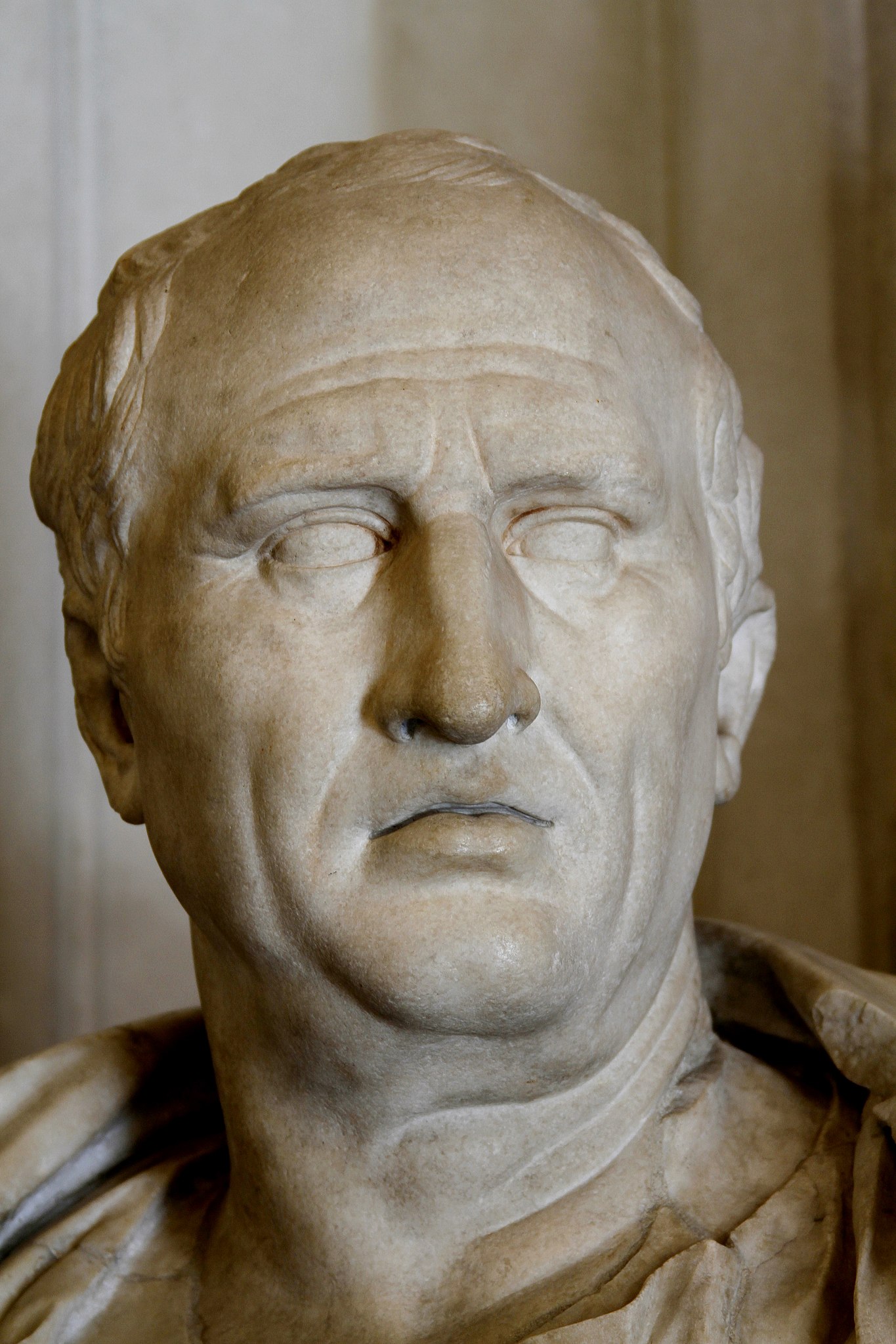
Marcus Tullius Cicero was a Roman statesman, lawyer, scholar, philosopher, and academic skeptic, who tried to uphold optimate principles during the political crises that led to the establishment of the Roman Empire. His extensive writings include treatises on rhetoric, philosophy and politics. He is considered one of Rome's greatest orators and prose stylists. He came from a wealthy municipal family of the Roman equestrian order, and served as consul in 63 BC.
His influence on the Latin language was immense. He wrote more than three-quarters of extant Latin literature that is known to have existed in his lifetime, and it has been said that subsequent prose was either a reaction against or a return to his style, not only in Latin but in European languages up to the 19th century. Cicero introduced into Latin the arguments of the chief schools of Hellenistic philosophy and created a Latin philosophical vocabulary with neologisms such as evidentia, humanitas, qualitas, quantitas, and essentia, distinguishing himself as a translator and philosopher.
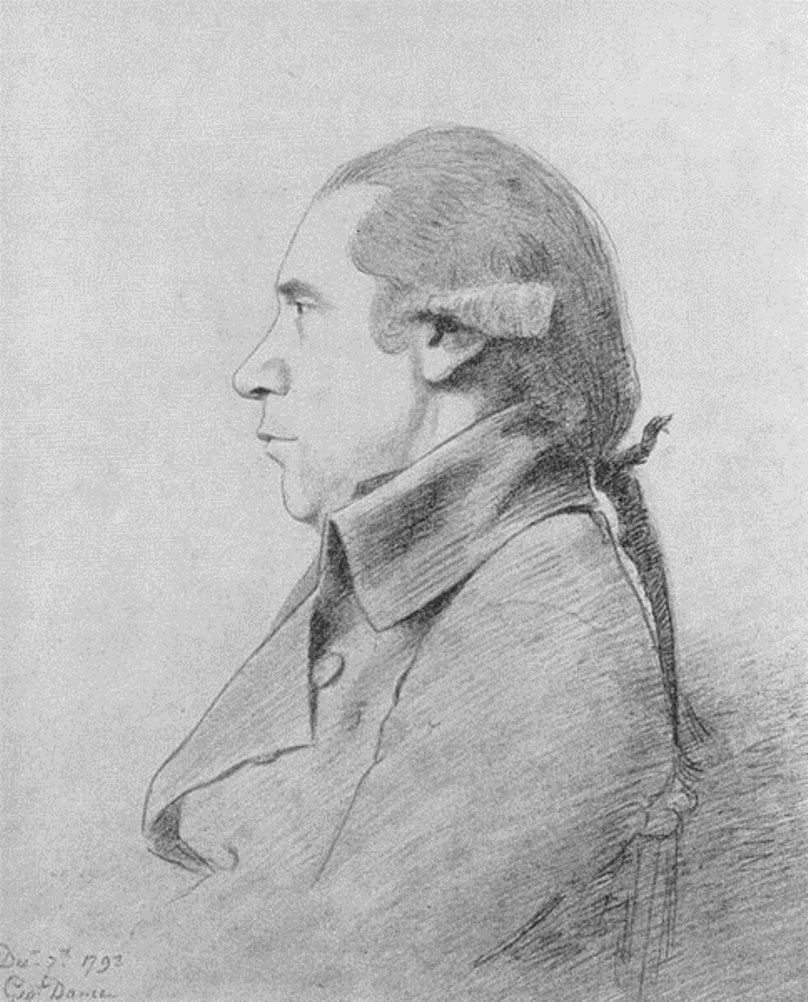
William Combe was a British writer and poet.
Combe authored a variety of prose and satirical verse, but is best known for the popular Dr. Syntax series of books published between 1812 and 1821, for which he wrote the text and artist Thomas Rowlandson did the drawings. The first book in the series, The Journey of Dr. Syntax: In Search of the Picturesque (1812), was published by the publisher Rudolf Ackerman, and he oversaw further collaboration between Combe and Rowlandson. William Combe's poems about Dr. Syntax with Rowlandson's illustrations were immensely popular in their day.






